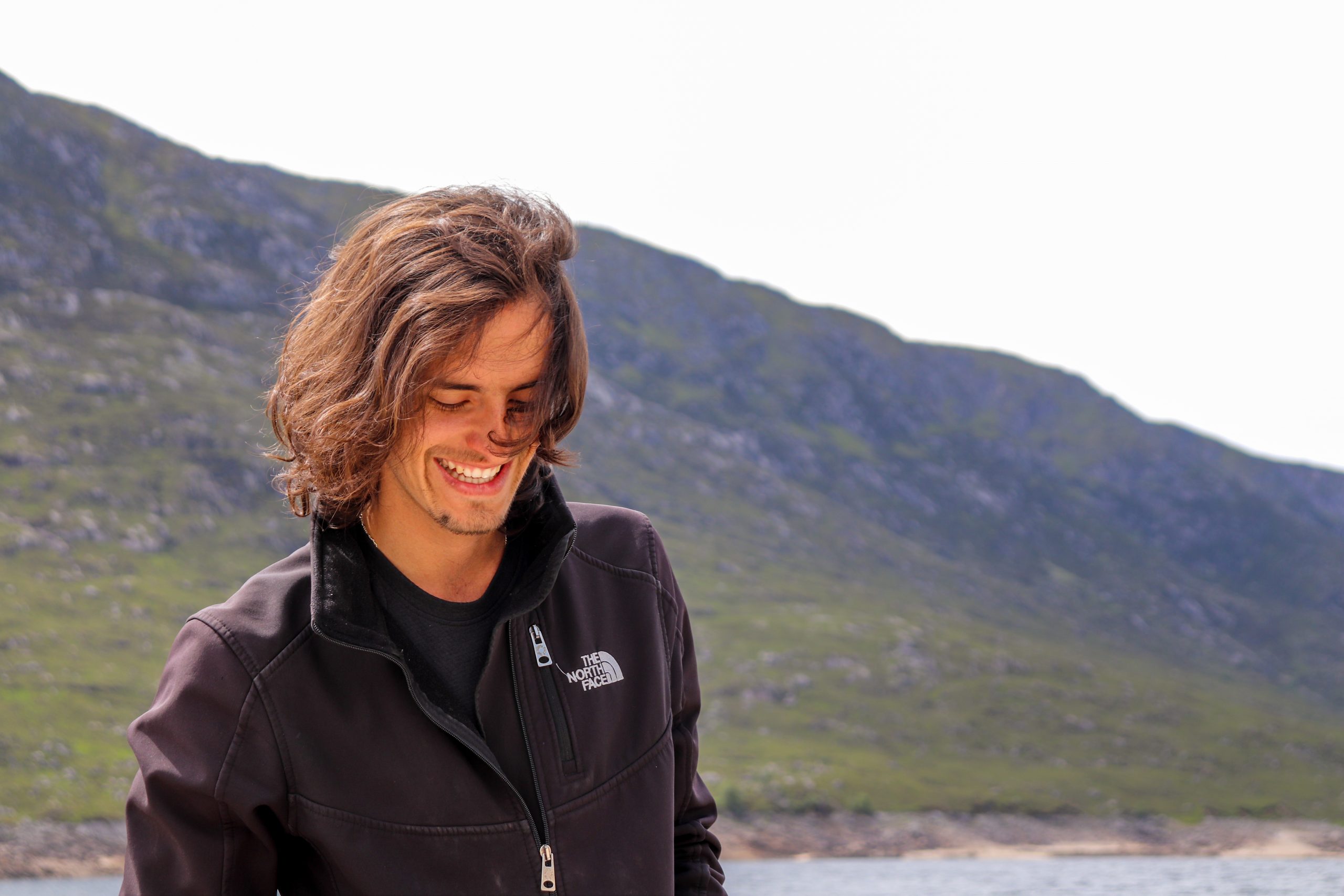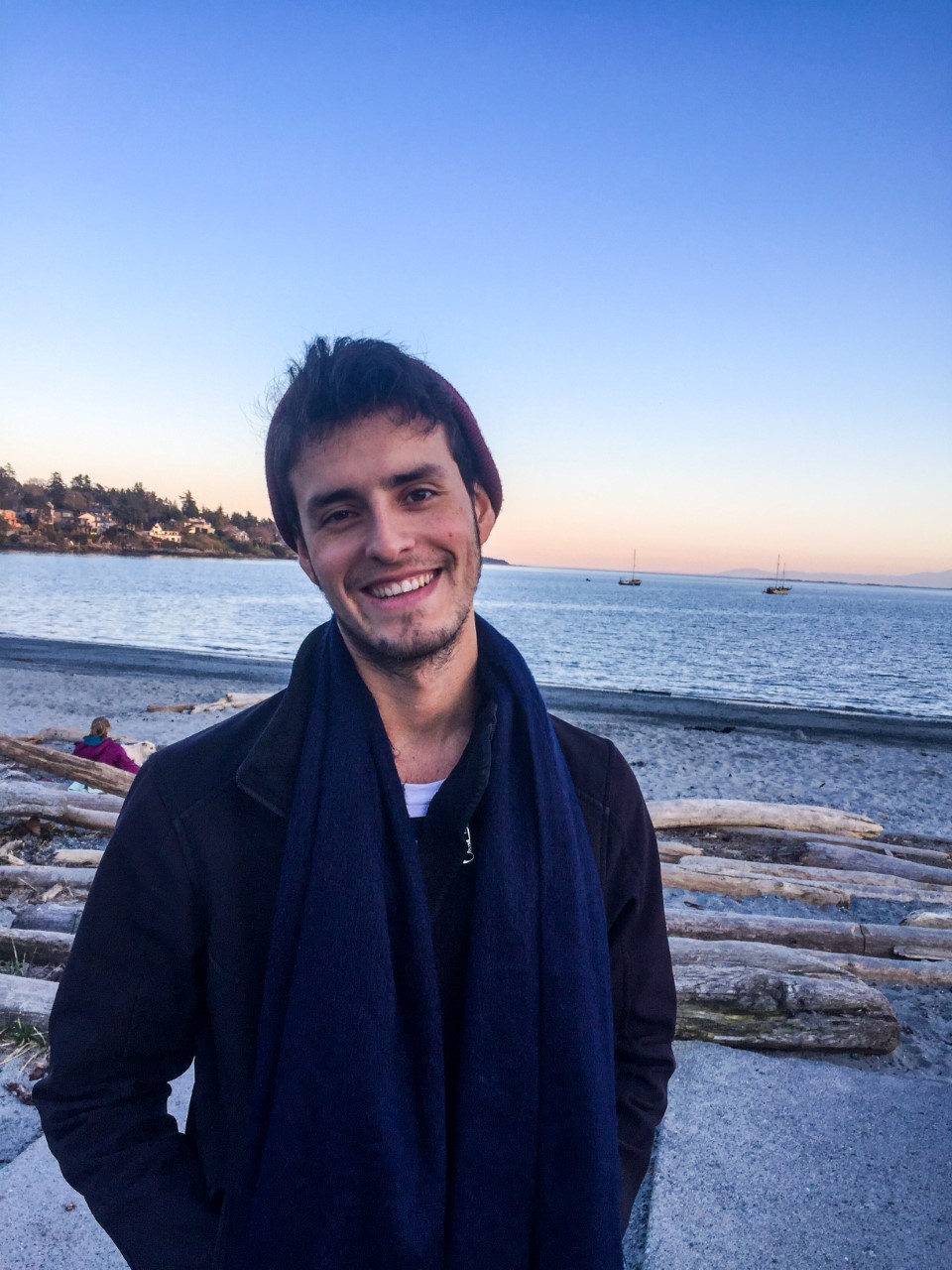
Mateo Espinosa's PhD explores how to improve the application of machine learning to medicine
We need to design algorithms that can learn high level concepts from the kind of tabular data common in medicine.
Mateo Espinosa
Mateo Espinosa is interested in exploring the medical applications of machine learning, specifically how machine learning can be used to provide trustworthy and interpretable diagnosis and prognosis predictions.
His aim is to understand the decision-making process in order to reduce the room for error and develop better treatments. He says that over the course of his previous studies and work at a start-up it has become “abundantly clear that the deployment of machine learning algorithms is often constrained by their lack of interpretability”. He adds: “This is perhaps most limiting in healthcare settings, where transparency and accountability are of utmost importance.”
He adds: “Computers are very good at visual problems. It is surprising that that skill has not been used so much in medicine which relies heavily on tabular data. A big reason for this is because we do not understand how they are making decisions.”
School and undergraduate studies
Mateo was born in Quito, Ecuador, but spent two of his early years in Buenos Aires. His parents had a range of different jobs as he was growing up, from selling flowers to news reporting and they even dipped their toes in the world of show business. They worked in events for a while, organising concerts including one by Shakira, for example. Mateo, who has an older brother and sister, attended the Liceo Internacional where he excelled at science and maths. He was selected for the Ecuador maths Olympiad team and took part in several international competitions.
After leaving school, he wanted to pursue his interest in maths, but do something that was less theoretical and more applicable to real world problems. He investigated physics degrees and was encouraged to look abroad. Not having access to any careers advice, he had to ask around about which universities to apply to. He ended up applying to 16.
Fortunately, that year the Ecuadorian government announced that it would pay for scholarships for students who got places at the top 50 global universities. Mateo was accepted to Cornell. It was a huge culture change for him and he spent much of the first year getting used to studying in English. He also attended some computer science clubs and realised that computer science was a good fit for him. “It is a very applicable field. It is rich in maths theory. It has the fun of theorems and ideas and the ability to make them applicable to real world issues,” says Mateo.
For a couple of years he took physics and computer science and was thinking of doing a double major. In the end, however, he dropped physics so that he could graduate earlier and begin a master’s.
During his undergraduate degree he also got some early research experience. He spent his first summer doing biophysics research on synchronised cell cycles in single cell organisms, using modelling techniques to understand how the organisms communicate through chemical signals. Mateo also did internships in tech and security companies, including an Artificial Intelligence project to understand what files people delete and when.
Master’s and working for a start-up
 During his master’s in Engineering at Cornell Mateo [2021] worked in two laboratories. The first was a robotics lab where he investigated the behaviour of a group of ants that invade other ant colonies, steal their eggs and bring them up as their own. Using machine learning, Mateo tracked the ants in order to understand how they organise an attack. The second lab focused on the use of swarm of mini-drones for coordinated tasks, such as search and rescue. That research led to a mention in a couple of publications on microservices.
During his master’s in Engineering at Cornell Mateo [2021] worked in two laboratories. The first was a robotics lab where he investigated the behaviour of a group of ants that invade other ant colonies, steal their eggs and bring them up as their own. Using machine learning, Mateo tracked the ants in order to understand how they organise an attack. The second lab focused on the use of swarm of mini-drones for coordinated tasks, such as search and rescue. That research led to a mention in a couple of publications on microservices.
His master’s finished in 2017 and, while Mateo was preparing PhD applications, he also applied for jobs as a back-up option. While he was in San Francisco for an interview, he visited a close acquaintance who co-founded a start-up company. Mateo was taken around the company, Cerebras Systems, which was designing an ambitious new approach to accelerating machine learning and had the chance to talk to its employees. On his return to Cornell he got a call from the company saying they wanted to work with him. Mateo felt working for a fast-developing start-up would be a good move, giving him a break from studying and the chance to work on an interesting new project. He stayed for three and a half years. Even in the time between his first interview and fully starting the company, it almost tripled in size.
His role involved the design of the software that allowed researchers to use the company’s Wafer-Scale Engine (WSE) to significantly accelerate the deployment and training of their models. Towards the end of his time at the company, the system was deployed with external customers to several projects including accelerating cancer prediction by 300x and accelerating drug discovery models with GSK.
Mateo says the experience taught him how to move from concept to practical application. By the time he left the company to come to Cambridge the company had 250 employees in four offices around the world, compared to around 10 when he had first visited it.
Doctoral studies
Mateo felt it was time to move on and return to academia with a focus on making maximum impact through making ideas accessible and usable in a range of different settings. He was drawn to Cambridge by its history in computing, but also its focus on the explainability of machine learning. He did an MPhil in Computer Science before applying for a PhD in Computer Science, funded by the Gates Cambridge Trust.
He knew about Gates Cambridge when he applied as he had been reading Educated, Gates Cambridge alumna Tara Westover’s best-selling memoir, which contains a big section on her time at the university.
Mateo’s aim is to create high-performing machine learning systems that can learn to explain their decisions using concepts that are intuitive to others. His first step is to improve medical outcomes. “We need to design algorithms that can learn high level concepts from the kind of tabular data common in medicine,” he says. This could have a profound impact when it comes to medical treatments, but also in other fields, such as Law. He states: “If successful, the deployment of such systems in day-to-day medical diagnosis could not only provide opportunities for early intervention in critical patients but may also open new leads for research in fields outside of medicine.”












